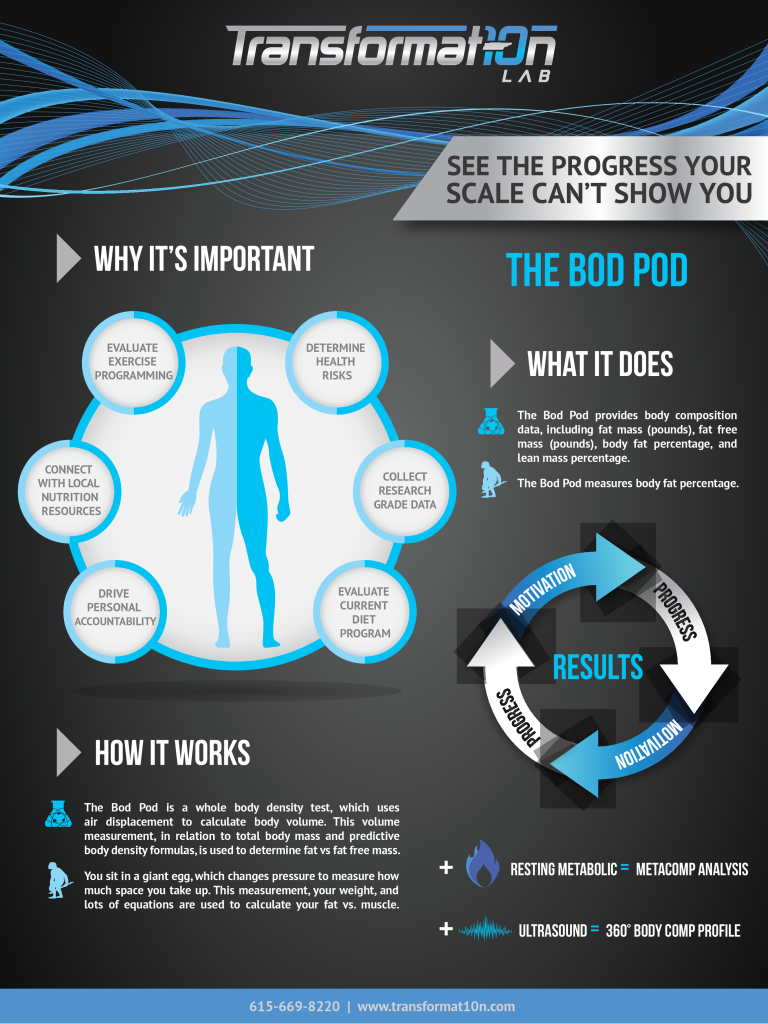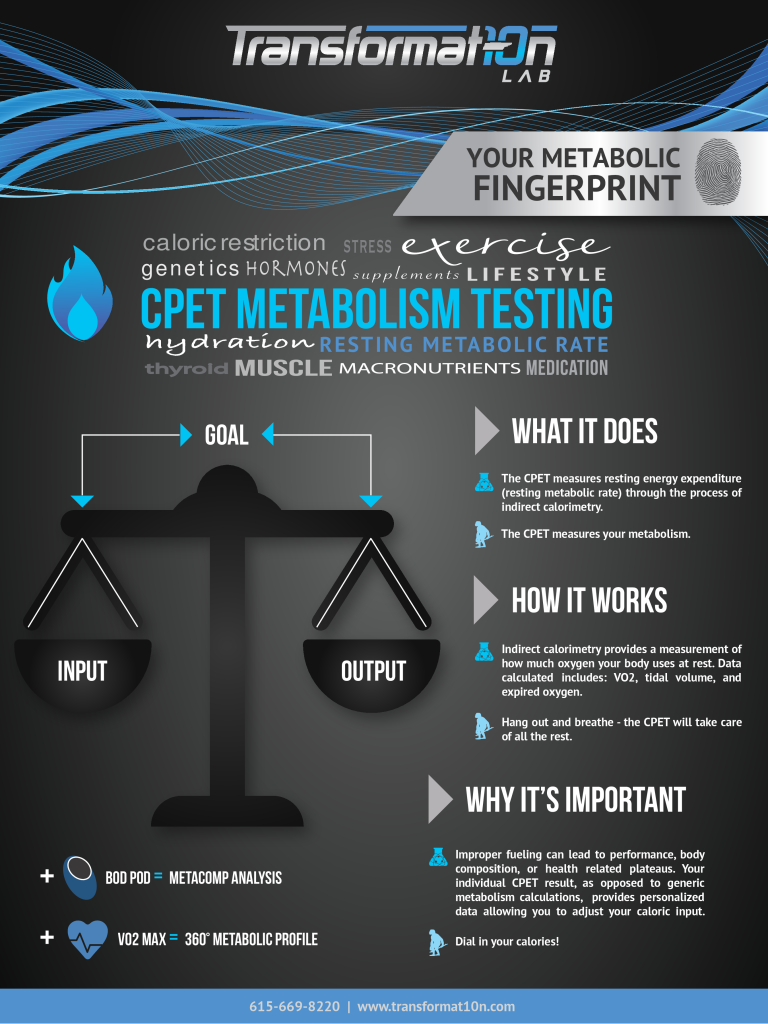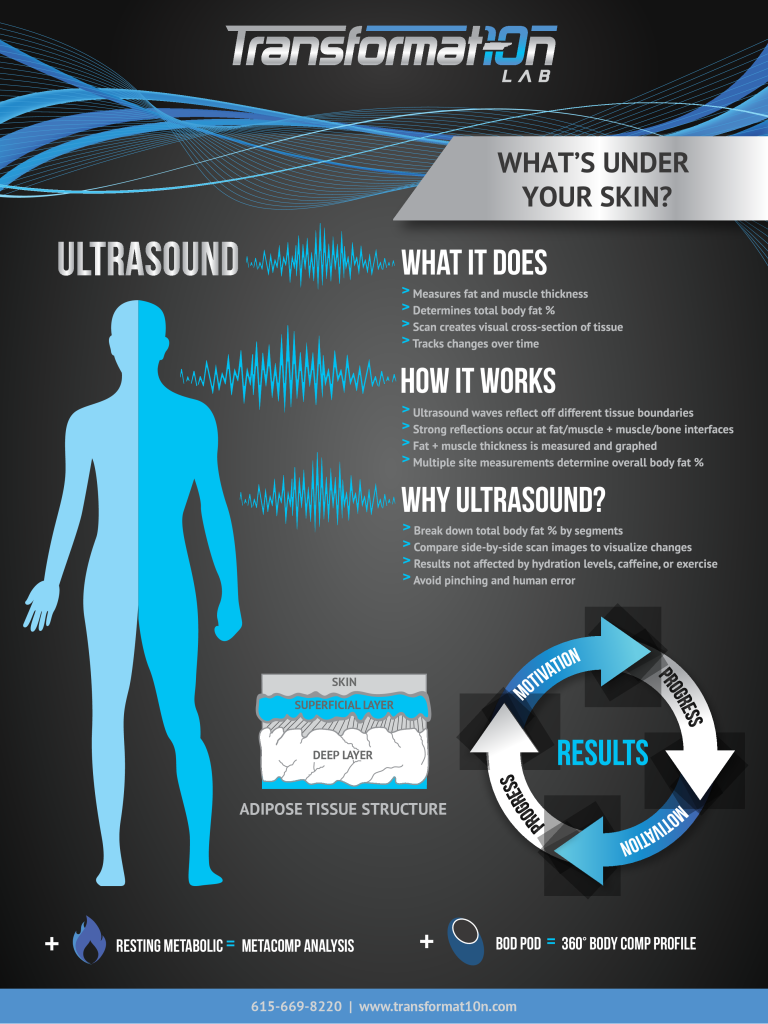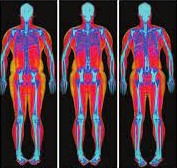What’s the best approach for ME?
“There is so much information out there and so many different opinions — how do I know what will work for me?”
We hear you — there is SO much information out there. And unfortunately, our industry has muddied the waters of nutrition knowledge with extreme, restrictive, and oftentimes unnecessary diet advice.
So what to choose? Here’s a hint: it starts with YOU! It’s about finding your preference type and finding which approach you can be most consistent with over time.
Before we get to the good stuff, however, I think it’s important to point out the not-so-good. After testing thousands of clients and observing behavior from the past five years of group challenges, we’ve found that these three categories of nutrition approaches RARELY work:
A list of “bad” foods to AVOID:
Individual allergies and intolerances aside, there is a perfectly reasonable time to eat just about any food, and no – eating certain foods (i.e. bread) is almost never the sole culprit for weight gain. There are two main problems with this approach:
- Problem A – Foods don’t exist in two distinct categories. It isn’t just processed vs. unprocessed or simple vs. complex. They exist in a continuum: more processed to less processed, shorter chain carbohydrates to longer chain carbohydrates. So, when we start to mark foods as “good” or “bad” we are generally making arbitrary categorizations that have little to do with the makeup of the food or how our bodies digest and utilize the nutrients from them.
- Problem B – The guilt/shame complex. Eating this way feels like trying to navigate a minefield — one wrong move could blow you right “off” plan. And when we reach the inevitable point of having to breach the bad food category, the subsequent feelings have us much more likely to go down the path of: “Screw it. We gon’ blow the top off this place.”
The super-ultra-perfect-one-size-fits-all-plan:
So you are telling me ten people, with ten different schedules and ten different body types, should follow the exact same plan to get shredded…
An overly restrictive (or complicated) program that can’t be executed long-term:
What if I made the claim that 95% of the clients we see could have their dream body without ever considering nutritional strategies like: nutrient timing, carb cycling, meal frequency, ketosis, fat adaptation, etc.? This isn’t a knock on those approaches, it just means they produce relatively little ‘bang for the buck’ unless you are someone that is already in/near the ultra lean category on your Bod Pod printout. Having the awareness to understand the level of commitment/preparation that a nutrition approach requires, and whether that syncs up with your current lifestyle is a key indicator of success that cannot be overstated.
So what DOES work?
The answer: finding out what works for you, and what you can be consistent with over time.
To drill this down further, we’ve found that our clients typically trend towards one of three preferences when it comes to approaching nutrition. Keep in mind, that doesn’t mean that an individual might not do well with more than one of these, but it does mean you might want to spend a little extra time looking into the resources that match your primary type. Here they are:
#1. Quantitative Focus
“I want specific targets to shoot for.”
Are you a poster child for the word EXACT? When you approach something new, are you a data nerd that researches endlessly for the optimal solution? It’s highly likely you have a quantitative focus when it comes to nutrition. This person thrives having numeric, scientifically-backed guidelines for their journey. Since food “quality” isn’t well defined, quantitative folks can struggle with the idea of not having specific targets to shoot for.
Since those with a numbers preference naturally gravitate towards data, a great approach for this group is to engage in some level of calorie or macronutrient – “macro” – tracking. Using your predicted metabolic data from your Bod Pod sheet, you can determine your Total Energy Expenditure (total calories burned per day). With that in mind, it’s possible to select a target calorie range for fat loss, muscle gain, body recomposition, etc. This can be taken a step further by determining macro targets for total protein, carbohydrates, fats consumed each day. The nice thing about this approach (sometimes referred to as flexible dieting), is that it leaves room for occasional treats, as long as they fit within your daily targets.
- If this is you, choose Transform Templates — we’re biased, but they work.
For food logging purposes, many of our clients use the My Fitness Pal app. Cronometer is also gaining popularity as an alternative. Even if the quantitative focus isn’t your cup of tea, we do recommend that you give logging food a shot for at least one day during the challenge — it can be pretty eye opening!
#2. Qualitative Focus
“I want to better my approach.”
Often viewed as the antithesis to #1, the qualitative preference cares less about being exact and more about growing and improving. Qualitative folks may find calorie tracking or weighing and measuring foods burdensome. Because this person spends less time on the data, they may have that little extra time to stretch down at the gym, mediate, or get to bed a few minutes earlier.
A qualitative focused individual might improve nutrition by identifying potential areas for improvement (for example — adding a serving of veggies to a meal that is currently lacking or balancing a fat/carbohydrate-rich breakfast with the addition of a lean protein). It’s important for qualitatives to be challenged and to continue to develop, otherwise they run the risk of letting things become stale or losing motivation entirely. It’s also extremely important for qualitative folks to understand their schedule and food intakes — i.e. when their schedule allows for meals or snacks.
- If this is you, focus in on being consistent with our Mini-Challenges (launching the week of 3/7)
#3. Relationship Focus
“I want a partner in crime.”
This final preference category values contact with a real human to help navigate their nutrition and training. This type is more concerned with who they are journeying alongside, and less concerned with the what or how behind nutrition programming. Whether through tracking calories or generally improving day-to-day nutrition habits, having someone to provide motivation, support, and accountability for this type is the key to success. Good coaches provide a framework for clients to be successful, but also the support to grow and develop positive habits over time. Coaching aside, even just having a close friend or family member on the same page with you when it comes to fitness or nutrition can provide a BIG boost in terms of progress.
- If this is you, let’s pair you with a local nutrition coach. Fill out our FiTNet form and we’ll connect your with a nutrition pro in the area to help meet your needs.





